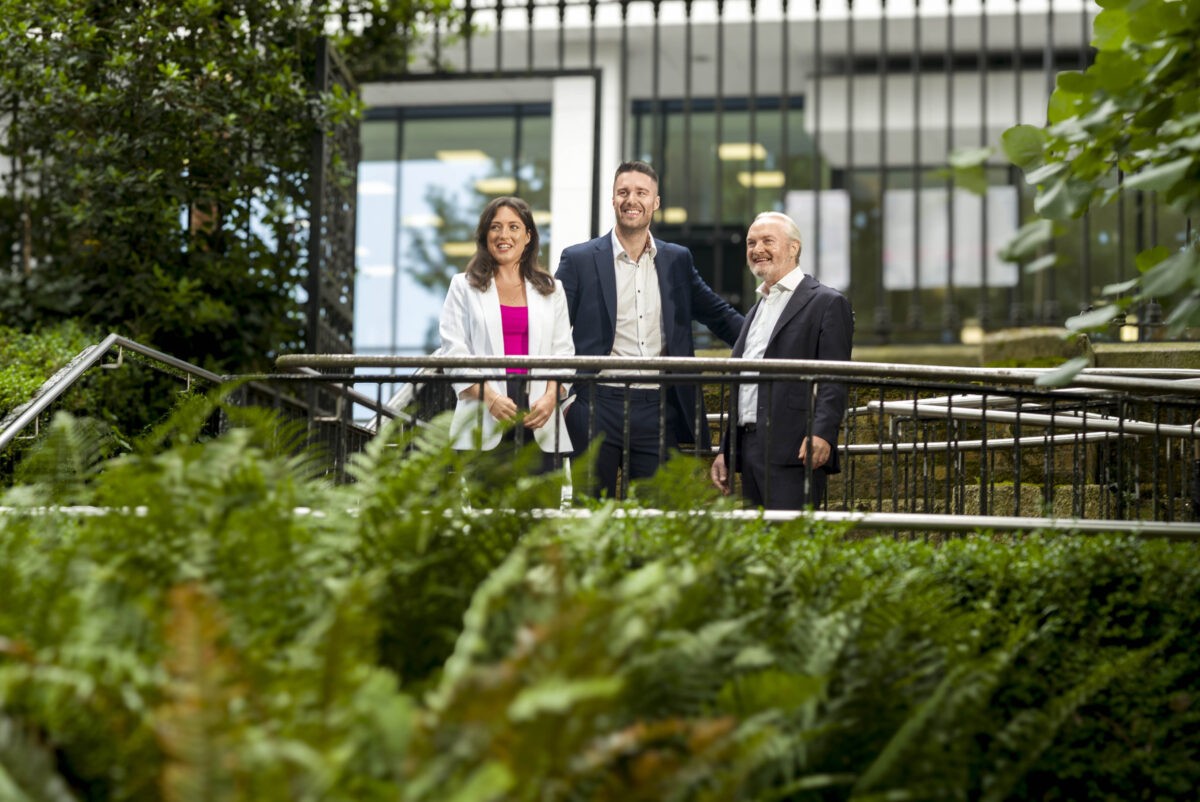
Hanging greenwashing out to dry: Irish fintech Miagen has launched a new platform to help businesses navigate new sustainability reporting obligations and avoid falling into the greenwashing trap. Joseph O’Connor spoke with its commercial director, Ciara Hogan, to find out more
Forty years after environmentalist Jay Westerveld first coined a term to describe businesses using spin to exaggerate their environmental credentials, the practice of greenwashing might be on its way out. At least that’s one goal of the EU’s new Corporate Sustainability Reporting Directive (CSRD), which is designed to improve access to high-quality, reliable and comparable sustainability data from businesses throughout the EU and beyond.
The directive came into force in Ireland on July 6th 2024, and establishes a harmonised EU-wide framework, requiring large and listed companies to make extensive annual disclosures on environmental, social and governance (ESG) matters. With commencement dates fast approaching, many businesses are now playing catch-up.
One company using technology to help businesses navigate the new regulations is Irish fintech Miagen. In July, it announced an investment of €1.8 million in the launch of GreenGen, a tool for streamlining compliance with the CSRD and other ESG reporting frameworks.
Companies subject to the CSRD face three key challenges, according to Ciara Hogan, Miagen’s Commercial Director. “It comes down to the data available, time and resources,” she says.
“The CSRD is instructing these companies to do a double materiality assessment, which hasn’t been done before. That’s not only looking at your financial implications, but also the impact of your activities on the environment and society, and asking you to consider everyone within your value chain.”
These new reporting requirements mean companies must collect over 1,200 data points, a scale of reporting not many businesses would have ever managed. Miagen says its new product provides an interactive reporting hub that will vastly reduce the time and costs required for the labour-intensive processes associated with collecting, managing and streamlining this data.
Companies can integrate the hub into their systems using customised APIs, get AI-driven guidance on the 1,200-plus data points and have peace of mind about the integrity of numbers.
An obvious tech fit
Developing tech that helps businesses navigate CSRD was an obvious fit for Miagen, given its experience in regulatory reporting for major industries like aviation leasing, shipping and airlines. “We’ve been working with finance teams for the last 21 years, so we’re very familiar with these regulatory requirements and with deadlines, people under pressure, and ensuring the integrity of figures,” says Hogan. “It was second nature to us, so it only felt right to move into this space.”
While the new reporting job falls naturally under the remit of heads of ESG, not all companies have that role in-house. More often, the task is landing on the desks of chief financial officers, many of whom are scrambling to understand the CSRD requirements. To fill this knowledge gap, Miagen provides on-site training on using the platform, charting a company’s activities and tailoring it to their specific needs and industry.
“What we’ve seen is that because finance teams are so familiar with regulatory deadlines,
they’ve now just inherited this role,” says Hogan. “Senior leaders think that because it’ll be part of their annual report, the finance team can do it. The message has to be that it’s not the kind of task that can be done at the side of a desk or on the back of an envelope. This has to be taken seriously and brought into company strategy.”
Backing up your credentials
In recent years, as climate anxiety drives the purchasing decisions of more environmentally conscious consumers, the practice of greenwashing among opportunistic companies has gone into overdrive.
Recent research by the ESRI and Trinity College Dublin found that when consumers were trained to identify greenwashing, they became more suspicious of genuine claims. That means authentic sustainable brands that consumers might not be familiar with struggle to convey an authentic message.
The CSRD will ensure companies are not cherry-picking or twisting data for PR purposes, instead reporting like-for-like results and hopefully building trust among consumers again. “When people were looking at ESG reports, there was nothing to substantiate the kind of green credentials that some organisations are claiming,” says Hogan.
“The CSRD and other regulatory frameworks that have come before it are really looking to standardise and harmonise these reports. That means making the language consistent and making sure that companies are actually comparable. I think it will give companies the opportunity to bring ESG and those metrics into their business strategy.”
According to Hogan, the new framework and Miagen’s technology will empower businesses to make informed decisions that prioritise ESG and support scaling businesses with a sustainability focus. It will also help enterprises gain greater insights into their carbon footprints and become greener businesses.
“They’ll be able to mitigate any damage to their reputation by being non-compliant,” says Hogan. “They’ll be able to highlight any risks to their own business or risks of working with companies whose goals and strategies don’t align with their own.”
Hogan advises companies subject to the CSRD to act now rather than later. “This is a really big exercise,” she says. “It will take a while to get your ducks in a row, so you need to act fast. Ask yourself, ‘is your company assurance ready?’ Because it’s not only about getting the report ready, you have to stand over the figures and policies that you’re reporting on, so you need a platform that will facilitate that.”
